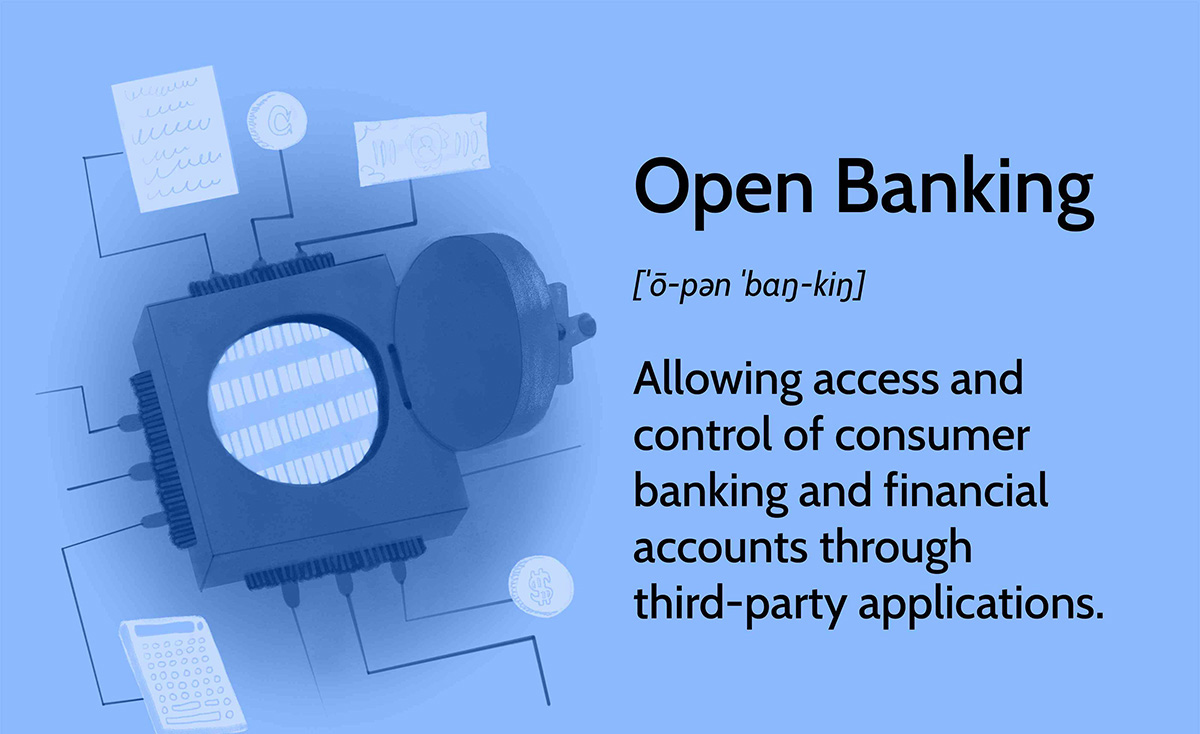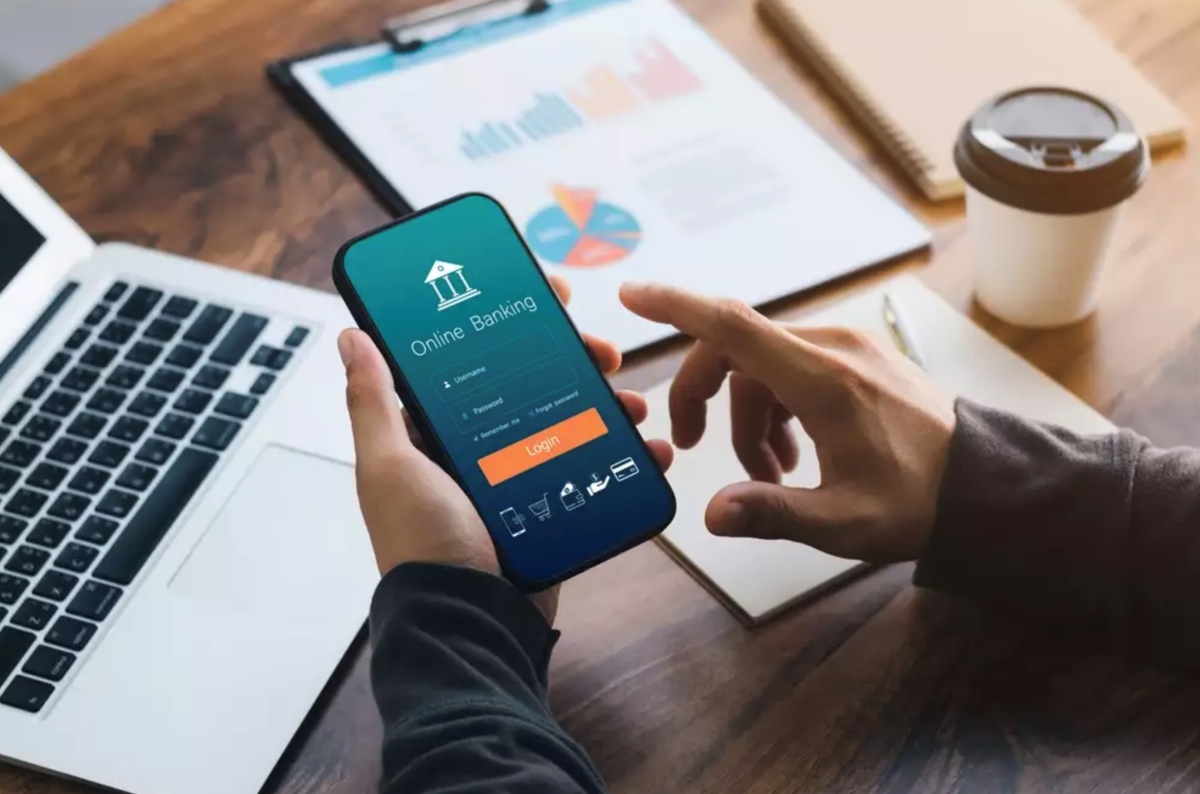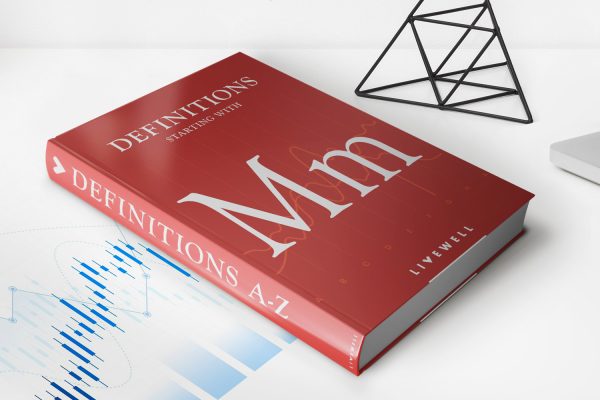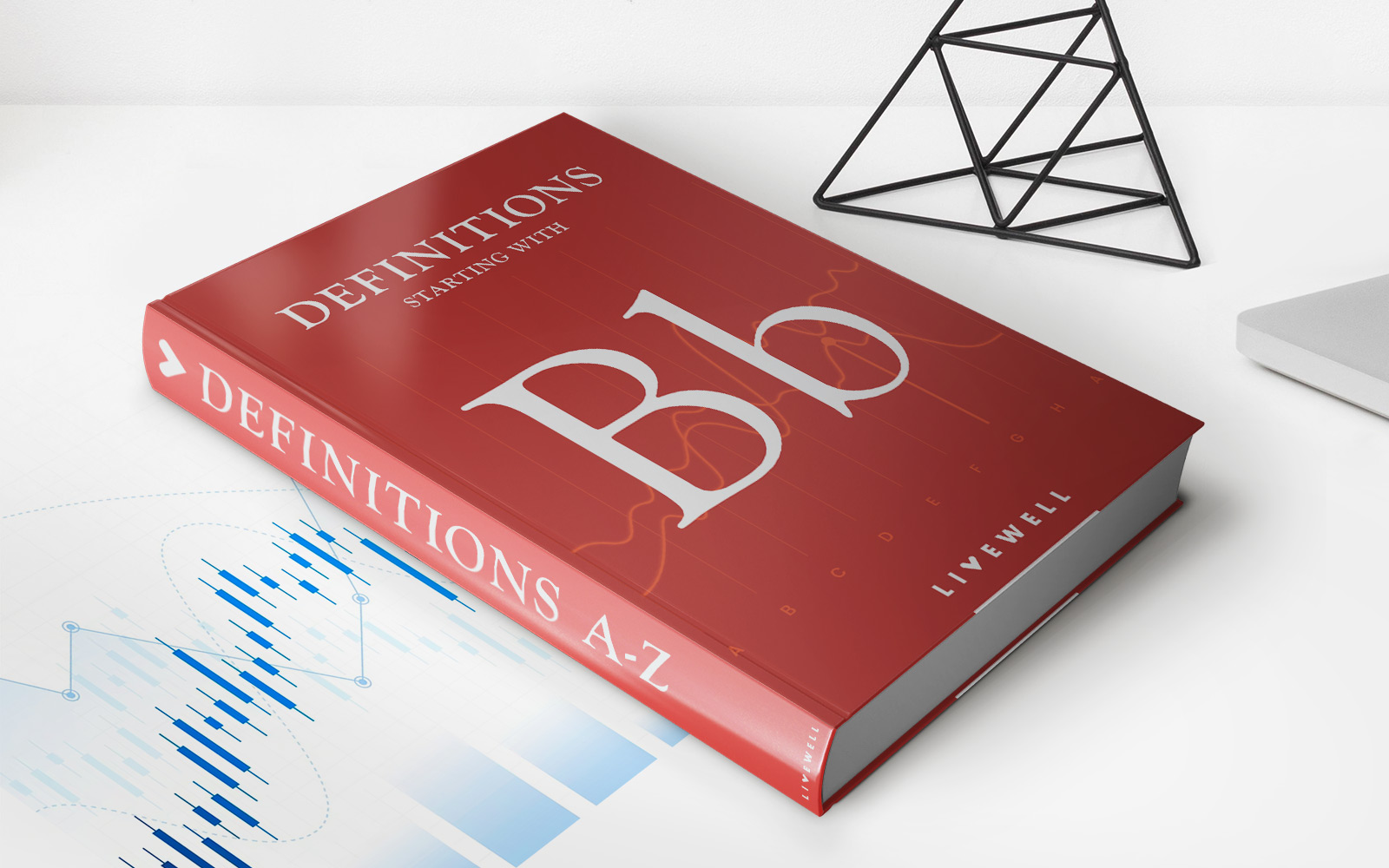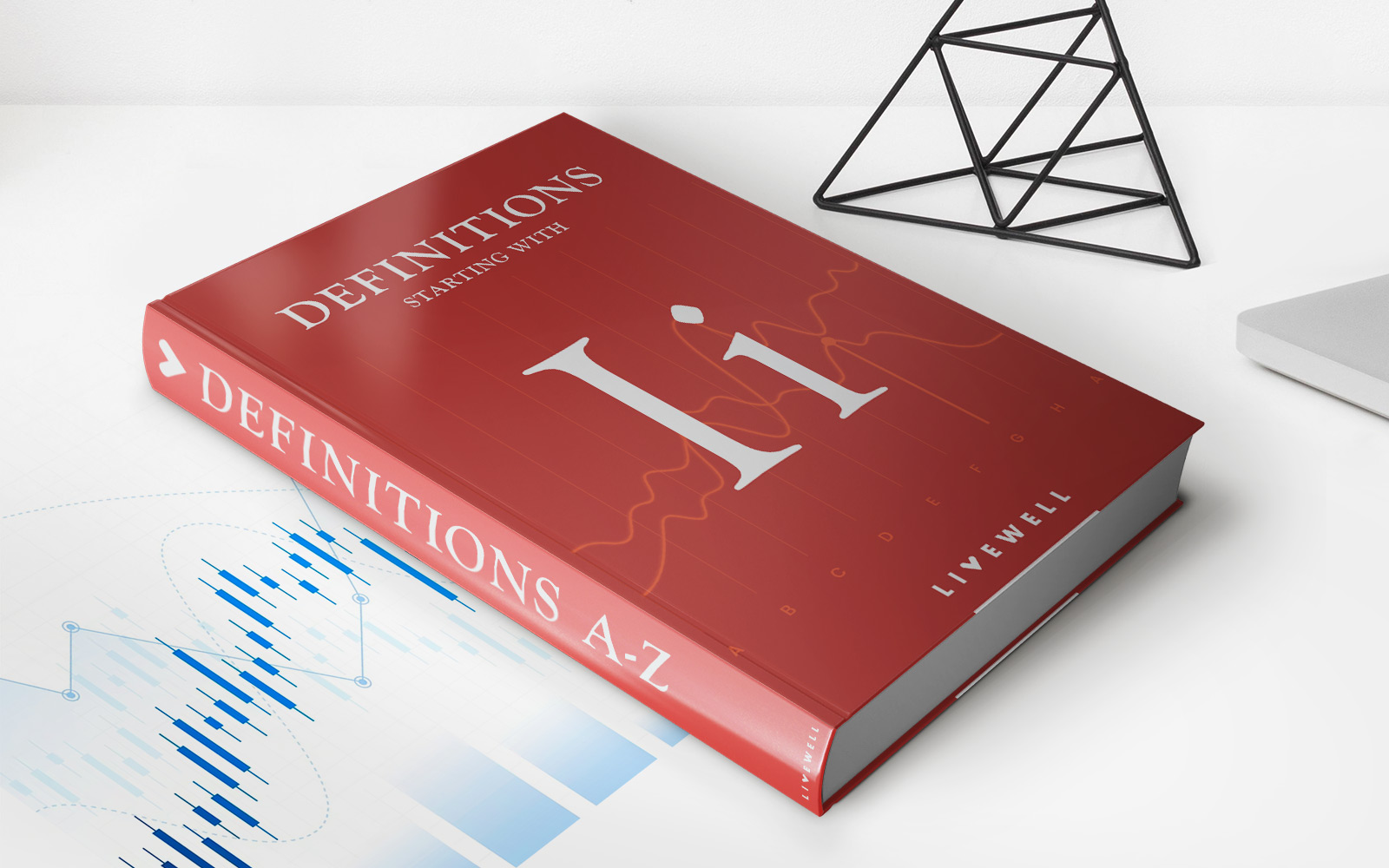

Finance
Where To Open A Bank Account With Bad Credit
Published: January 7, 2024
Looking to open a bank account but have bad credit? Discover the best options for banking and personal finance solutions despite your credit challenges.
(Many of the links in this article redirect to a specific reviewed product. Your purchase of these products through affiliate links helps to generate commission for LiveWell, at no extra cost. Learn more)
Table of Contents
- Introduction:
- Factors to Consider When Opening a Bank Account with Bad Credit:
- Traditional Banks that Offer Accounts for People with Bad Credit:
- Online Banks that Accept Customers with Bad Credit:
- Credit Unions for Individuals with Bad Credit:
- Prepaid Debit Cards as an Alternative for Banking:
- Tips for Rebuilding Credit while Using a Bank Account for Bad Credit:
- Conclusion:
Introduction:
Opening a bank account is a crucial step towards managing your finances and achieving financial stability. However, having bad credit can make this seemingly simple task challenging. Traditional banks often have strict requirements and may reject individuals with a poor credit history. Fortunately, there are alternative options available for those seeking to open a bank account with bad credit.
In this article, we will explore various factors to consider when opening a bank account with bad credit and highlight different financial institutions that offer such services. Additionally, we will discuss alternative banking options, such as credit unions and prepaid debit cards, and offer valuable tips for rebuilding credit while using a bank account for bad credit.
When considering where to open a bank account with bad credit, it’s essential to weigh the pros and cons of different financial institutions. While traditional banks may be less accommodating to individuals with bad credit, online banks and credit unions may offer more accessible options. Furthermore, prepaid debit cards can be a viable alternative for those who find it difficult to qualify for a traditional bank account.
Rebuilding your credit is a crucial aspect of financial recovery, and utilizing a bank account can help you establish a positive credit history. By understanding the options available and implementing practical strategies, you can work towards improving your financial situation and regaining control over your finances.
In the following sections, we will delve deeper into the factors to consider when opening a bank account with bad credit and provide insights into the various options available to individuals in this situation. Whether you are looking for a traditional bank, an online bank, a credit union, or an alternative banking method, this article has got you covered.
Without further ado, let’s explore the world of banking options for individuals with bad credit and discover the best place to open a bank account that suits your specific needs and circumstances.
Factors to Consider When Opening a Bank Account with Bad Credit:
When you have bad credit, it’s important to consider several factors before choosing where to open a bank account. By carefully evaluating these factors, you can ensure that you find the best banking option to meet your needs while working towards improving your financial situation. Here are some key factors to consider:
- Account Fees: One of the first things to consider is the fees associated with the bank account. Look for an account with minimal fees, such as low monthly maintenance fees, ATM fees, or overdraft fees. Avoid accounts that have excessive fees that could further strain your finances.
- Minimum Balance Requirements: Check if the bank requires a minimum balance to open the account and whether there are ongoing minimum balance requirements. For individuals with bad credit, it may be challenging to maintain high account balances, so look for accounts that have reasonable minimum balance requirements, or consider options that don’t require a minimum balance.
- Access to ATMs: Consider the accessibility of ATMs. Look for banks that have a wide network of ATMs to avoid excessive ATM fees. Additionally, check if the bank reimburses ATM fees incurred from using out-of-network ATMs, which can save you money in the long run.
- Online and Mobile Banking: In today’s digital age, convenient online and mobile banking services are essential. Ensure that the bank offers user-friendly online and mobile platforms that allow you to manage your account, pay bills, and make transfers easily from anywhere.
- Customer Service: Good customer service is crucial, especially if you have questions or issues with your account. Research the bank’s reputation for customer service and read reviews to get an idea of how responsive and helpful their support team is.
- Opportunity to Rebuild Credit: Some financial institutions offer specific accounts or programs designed to help individuals with bad credit rebuild their credit history. These accounts may offer features such as credit monitoring, credit-building tools, or reporting positive account activities to credit bureaus. Consider such options if rebuilding your credit is a priority for you.
By considering these factors, you can narrow down your options and find a bank account that aligns with your needs and financial goals. Remember to compare the features and benefits offered by different financial institutions to make an informed decision.
Traditional Banks that Offer Accounts for People with Bad Credit:
Although traditional banks generally have stricter requirements for opening an account, some do offer options for individuals with bad credit. These banks understand the importance of providing banking services to a wider range of customers and have tailored their offerings to cater to those with less-than-perfect credit. Here are a few traditional banks that offer accounts for people with bad credit:
- Chase Bank: Chase offers the “Chase Total Checking®” account, which is available to customers with bad credit. While a minimum deposit is required to open the account, there is no minimum balance requirement or monthly service fee if certain conditions are met. The account provides access to online and mobile banking, as well as a network of ATMs.
- Wells Fargo: Wells Fargo offers the “Opportunity Checking” account for customers with bad credit. This account has a monthly service fee, which can be waived by meeting certain criteria. It also provides access to online banking, mobile banking, and a network of ATMs.
- Bank of America: Bank of America offers the “SafeBalance Banking®” account, specifically designed for individuals who want a simplified banking experience. This account has a low monthly maintenance fee, no overdraft fees, and provides access to online banking, mobile banking, and ATMs.
- PNC Bank: PNC Bank offers the “Foundation Checking” account, which is designed for individuals who may have had banking challenges in the past. This account has a monthly service charge which can be waived with qualifying activities. It offers online banking, mobile banking, and access to a large network of ATMs.
- Citizens Bank: Citizens Bank offers the “One Deposit Checking” account, with low minimum balance requirements and no monthly maintenance fees. This account provides access to mobile and online banking, as well as a network of ATMs.
It’s important to note that the availability of these accounts may vary depending on your location. Additionally, while these traditional banks may offer accounts for individuals with bad credit, they may still conduct a ChexSystems or credit check. However, their eligibility criteria may be more lenient compared to other banks.
When considering these traditional bank options, review the account terms and fees before making a decision. Compare the features, benefits, and accessibility to determine which bank best suits your needs and provides the most favorable terms for your financial situation.
Online Banks that Accept Customers with Bad Credit:
If you’ve been turned down by traditional banks due to bad credit, online banks can be a great alternative. Online banks generally have more lenient requirements and offer a variety of accounts designed for individuals with bad credit. Here are some online banks that accept customers with bad credit:
- Chime: Chime is an online banking platform that offers a “Chime Spending Account.” This account is available to customers with bad credit and does not require a credit check to open. It offers features such as early direct deposit, no monthly fees, and access to a large fee-free ATM network.
- Varo Bank: Varo Bank provides an online banking solution with their “Varo Bank Account.” This account is available to individuals who may have bad credit and offers features like no monthly fees, fee-free access to a network of ATMs, and the ability to earn interest on your deposits.
- Radius Bank: Radius Bank offers the “Essential Checking” account, which is available to customers with bad credit. This account has no monthly maintenance fees, provides access to mobile and online banking, and offers cashback rewards on certain purchases.
- Ally Bank: Ally Bank offers a range of products including checking accounts, savings accounts, and CDs. They do not perform a credit check to open an account, making them a suitable option for individuals with bad credit. Ally Bank provides online and mobile banking services, along with a competitive interest rate on their savings accounts.
- Cit Bank: Cit Bank is an online bank that offers a variety of accounts, including checking and savings accounts. They have options for individuals with bad credit, such as the “eChecking Account” which has no monthly fees and provides access to online and mobile banking.
Online banks often have lower operating costs compared to traditional banks, which allows them to offer more flexible account options for individuals with bad credit. These banks prioritize digital banking services, offering convenient mobile apps and online platforms for managing your accounts.
Before choosing an online bank, it’s important to review the account terms, fees, and features. Consider factors such as ATM access, customer service availability, and the digital banking experience provided. By doing your research, you can find an online bank that not only accepts customers with bad credit but also offers the services and benefits you need to manage your finances effectively.
Credit Unions for Individuals with Bad Credit:
For individuals with bad credit, credit unions can be a valuable option for opening a bank account. Credit unions are member-owned, not-for-profit financial institutions that prioritize serving their members’ needs. They often have more lenient requirements and offer a range of services for individuals who may not qualify for accounts at traditional banks. Here are some credit unions that cater to individuals with bad credit:
- Alliant Credit Union: Alliant Credit Union offers the “Free Checking” account, which is available to individuals with bad credit. This account has no monthly fees, no minimum balance requirements, and offers access to thousands of fee-free ATMs.
- OpenSky Credit Union: OpenSky Credit Union offers the “Secured Visa Credit Card” as an option for individuals with bad credit. This account requires a security deposit, which becomes the credit limit. It can help individuals establish or rebuild their credit history.
- Navy Federal Credit Union: Navy Federal Credit Union offers a variety of accounts for individuals with bad credit, including checking and savings accounts. Membership is open to military personnel, veterans, and their families. Their accounts come with benefits such as online banking, mobile banking, and access to a network of ATMs.
- Golden 1 Credit Union: Golden 1 Credit Union offers the “Fresh Start Checking” account, designed specifically for individuals who may have been denied traditional checking accounts. This account has minimal fees and provides access to online banking services.
- Partners Federal Credit Union: Partners Federal Credit Union offers a range of financial services, including checking and savings accounts, to individuals who are members of certain entertainment industry-related organizations. Their accounts provide online banking and mobile banking options.
Credit unions often have a community-based focus, providing personalized services to meet the needs of their members. They may offer financial education resources, credit counseling, and lower fees compared to traditional banks.
When considering a credit union for a bank account, it’s essential to check if you meet the membership requirements. Membership eligibility can vary based on factors such as your occupation, location, or association membership. Explore the account features, fees, and accessibility to ensure that the credit union aligns with your financial goals and requirements.
Credit unions can be a fantastic option for individuals with bad credit, providing a supportive and community-oriented banking experience. Consider reaching out to credit unions in your area to explore the specific offerings available to you.
Prepaid Debit Cards as an Alternative for Banking:
For individuals with bad credit or those who prefer a more flexible banking option, prepaid debit cards can be a viable alternative. Prepaid debit cards function similarly to traditional debit cards, but they do not require a bank account or credit check. Here are some advantages and considerations of using prepaid debit cards:
Advantages:
- No Credit Check: Since prepaid debit cards do not require a credit check, they are accessible to individuals with bad credit or those who cannot qualify for a traditional bank account.
- Budgeting and Control: Prepaid debit cards can help individuals manage their spending and budget more effectively. Users can only spend the amount loaded onto the card, preventing overspending and overdraft fees.
- Convenience: Prepaid debit cards can be used for online purchases, in-store transactions, and ATM withdrawals, providing the convenience of traditional banking services without the need for a traditional bank account.
- Safety and Security: Prepaid debit cards are typically protected by FDIC insurance or similar protections, offering peace of mind in case of loss or theft.
Considerations:
- Fees: Prepaid debit cards may come with various fees, such as activation fees, monthly maintenance fees, ATM withdrawal fees, and transaction fees. It’s crucial to review the fee structure before choosing a specific card and select one that aligns with your usage patterns.
- No Credit-building Opportunity: Unlike traditional bank accounts, prepaid debit cards do not help build credit history as they do not report to credit bureaus. If rebuilding credit is a priority, other banking options may be more suitable.
- Limited Features: Prepaid debit cards may have limitations compared to traditional bank accounts, such as no access to check writing or certain financial services. Consider whether the features provided by prepaid debit cards meet your specific needs.
- Reload Options: Prepaid debit cards require regular reloading of funds. It’s essential to understand the available options for adding money to the card, such as direct deposit, cash reloads, or bank transfers.
When choosing a prepaid debit card, research different options available in the market. Compare the fee structures, features, and customer reviews to find a card that best suits your needs. Some popular prepaid debit card options include Netspend, Bluebird by American Express, and Green Dot.
While prepaid debit cards may not offer the same features and benefits as traditional bank accounts, they can serve as a practical alternative for individuals with bad credit or those in need of more flexible banking options.
Tips for Rebuilding Credit while Using a Bank Account for Bad Credit:
Opening a bank account can be a vital step towards rebuilding credit for individuals with bad credit. By establishing and managing a bank account responsibly, you can work towards improving your creditworthiness over time. Here are some helpful tips to consider:
- Monitor Your Account: Regularly monitor your bank account activity to stay on top of your finances. This includes reviewing transactions, checking your balance, and ensuring that all charges are accurate.
- Pay Your Bills on Time: Timely bill payment is crucial for building a positive credit history. Set reminders or enroll in automatic payments to ensure you never miss a due date.
- Avoid Overdrafts: Overdraft fees can be detrimental to both your finances and credit. Keep track of your account balance and avoid spending more than what is available to prevent overdrafts.
- Utilize Direct Deposit: Consider having your paycheck or other income directly deposited into your bank account. This not only ensures timely funds availability but can also demonstrate stability to potential creditors.
- Start a Savings Account: Building a savings account demonstrates responsible financial behavior and can serve as a safety net for unexpected expenses. Regularly contribute to your savings to show your commitment to financial stability.
- Manage Your Credit Utilization: If you have a credit card or other lines of credit, keep your balances low and pay them off in full each month. This demonstrates responsible credit usage and can positively impact your credit score.
- Explore Credit-Building Programs: Some banks or credit unions offer credit-building programs specifically designed for individuals with bad credit. These programs may provide opportunities to establish or improve credit through responsible borrowing and prompt repayment.
- Stay Informed: Educate yourself about credit and personal finance to make informed decisions. Understand how credit scores work, utilize credit monitoring tools, and seek professional advice if needed.
- Be Patient: Rebuilding credit takes time and requires consistent effort. Be patient and persistent in managing your bank account responsibly, and over time, you will see the positive impact on your creditworthiness.
Remember, rebuilding credit is a gradual process, and one bank account alone may not drastically change your credit score. However, by implementing these tips and establishing responsible financial habits, you can improve your creditworthiness and work towards a better financial future.
Lastly, consider consulting with a financial professional or credit counselor who can provide personalized guidance based on your specific financial situation. They can offer insights and strategies tailored to your needs, helping you navigate the path to credit recovery more effectively.
Conclusion:
Opening a bank account is an essential step towards managing your finances and achieving financial stability, even if you have bad credit. While traditional banks may be less accommodating to individuals with bad credit, there are alternative options available. Online banks, credit unions, and prepaid debit cards provide accessible and viable solutions for individuals in need of a bank account.
When deciding where to open a bank account with bad credit, consider factors such as account fees, minimum balance requirements, access to ATMs, online and mobile banking capabilities, and the opportunity to rebuild credit. By carefully examining these factors, you can find a suitable banking option that aligns with your needs and financial goals.
Traditional banks like Chase Bank, Wells Fargo, Bank of America, PNC Bank, and Citizens Bank offer accounts specifically tailored to individuals with bad credit. These accounts provide essential banking services while accommodating individuals with less-than-perfect credit histories.
Online banks, such as Chime, Varo Bank, Radius Bank, Ally Bank, and Cit Bank, offer convenience and flexibility with their accessible banking platforms. They often have more lenient requirements and account options that cater to individuals with bad credit.
Credit unions like Alliant Credit Union, OpenSky Credit Union, Navy Federal Credit Union, Golden 1 Credit Union, and Partners Federal Credit Union offer community-oriented services and accounts designed for individuals with bad credit. These credit unions provide personalized support and often have lower fees compared to traditional banks.
Additionally, prepaid debit cards offer a practical alternative for banking, allowing individuals to manage their finances without the need for a traditional bank account. Prepaid debit cards can provide budgeting control and convenience, although they may come with fees and do not offer the opportunity to build credit.
Regardless of the banking option you choose, it’s essential to use your bank account as a tool for rebuilding credit. Monitor your account regularly, pay bills on time, avoid overdrafts, and consider credit-building programs offered by some financial institutions. By responsible account management and building positive financial habits, you can improve your creditworthiness over time.
In conclusion, although bad credit may initially pose challenges, there are numerous banking options available to accommodate your needs. By selecting the right bank account and practicing responsible financial management, you can regain control over your finances and work towards a brighter financial future.


